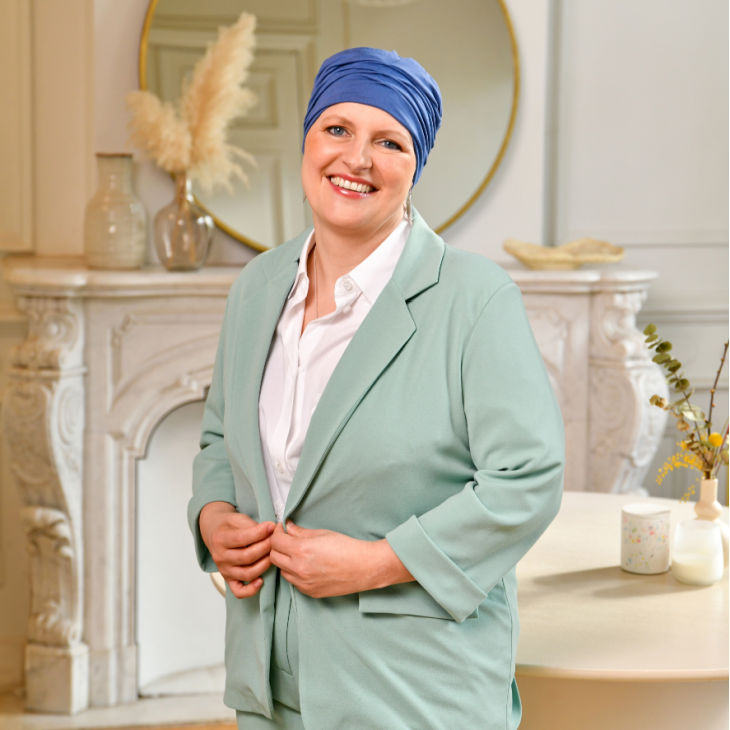Sharing bad news is never easy. And when it’s about yourself, it becomes even harder. How do you let people at work know you have cancer? Do you tell all your colleagues? And how do you deal with their reactions?
When to share your diagnosis
Between the first suspicion of illness and the final diagnosis, some time may pass. A common piece of advice: wait for the definitive diagnosis. That way you know exactly what you’re dealing with and can explain your situation and outlook more concretely — and answer questions from colleagues and your employer.
Once you have a diagnosis and treatment plan, it’s best to communicate clearly. Cancer and chemotherapy have a huge impact on your life and your ability to work.
Most people take a few months of sick leave. If you do keep working, remember that chemotherapy can make you extremely tired. If crushing fatigue hits during a meeting, for example, it’s impossible to focus. If no one knows what’s going on, it may cause unnecessary misunderstandings, gossip, or uncomfortable situations.

How to share the news
The best way depends on your workplace and your personality. Do you work in a small team, or a large company? Are you more introverted, or do you share almost everything with colleagues? It all shapes how you’ll want to handle it. Think about what feels right for you, and keep control of the situation.
Would you rather send an email, speak to your manager privately, or share it with your whole team during a meeting? Follow your instincts. In any case, communicate clearly about what you expect for the future.

Who to tell at work
Start by informing your employer. If you become unable to work, they need to know why you’ll be absent. But you’re not obliged to tell the entire company. You might decide to split colleagues into groups: those you work with closely can know the details, while others may only need to know you’re unwell, and some may not need to know at all.
Let your employer and close colleagues know how you’d like to be supported. Do you want to receive messages? Would you like visitors at the hospital — or not? Do you want to keep being invited to the annual staff party? The clearer you are, the less chance of misunderstandings or frustrations.

How our customers approached it
Murielle (France): “I sent an email to my staff. I stuck to the facts but also made it clear I wasn’t giving up. I’d already sent a more personal message to my closest colleagues. Since I’m being treated at the hospital where I work, I wanted to share the news myself before it spread as a rumor.”
Antoinette (Netherlands): “In December 2017 I was diagnosed with metastatic, incurable bowel cancer. I worked in the communications department of an international organization, so my colleagues came from many backgrounds. After Christmas break I sent an email to everyone, openly explaining my diagnosis and poor outlook. I also told them I was starting palliative chemo and might drop by the office occasionally, depending on my energy. And that I’d appreciate their positive messages. The responses were overwhelming. A support email group even started, and through them I now get kind notes. They visit me in the hospital, and when I do go to the office, we have coffee or lunch together. That’s been a huge support. Even colleagues who keep more distance show they understand and care in their own way.”
Read more: Returning to work after cancer: how Sophie and Liesbet found their way back >>










Leave a comment
All comments are moderated before being published.
This site is protected by hCaptcha and the hCaptcha Privacy Policy and Terms of Service apply.